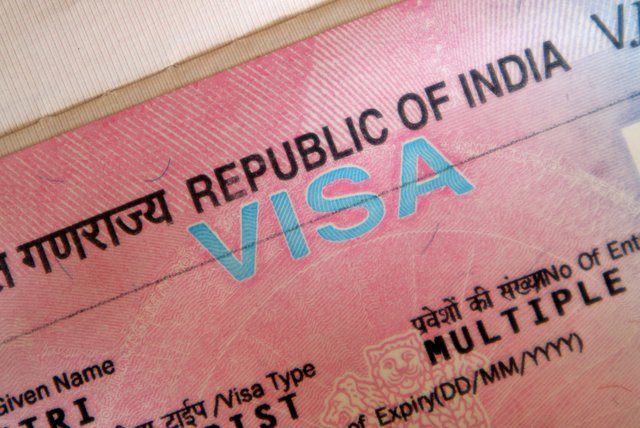The Differences Between a Canadian Visa for South Koreans and Israelis
There are a few key differences between a Canadian visa for South Koreans and Israelis. Israelis are not required to have a visa to enter Canada, while South Koreans are. Additionally, Israelis are allowed to stay in Canada for up to six months, while South Koreans are only allowed to stay for up to three months. Finally, Israelis are allowed to work in Canada without a work permit, while South Koreans are not.
1) The Differences Between a Canadian Visa for South Koreans and Israelis
There are many differences between a Canadian visa for South Koreans and Israelis. The most significant difference is that a Canadian visa for South Koreans requires a valid passport, while a Canadian visa for Israelis does not. South Koreans must also provide a photograph and fingerprint, while Israelis are not required to do so. CANADA VISA FOR SOUTH KOREAN CITIZENS
Another difference is the length of time that the visa is valid. A Canadian visa for South Koreans is valid for up to 10 years, while a Canadian visa for Israelis is only valid for up to 5 years.
Canadian visas for South Koreans also allow for multiple entries into Canada, while Israeli visas only allow for single entry.
Finally, the cost of a Canadian visa for South Koreans is $200 CAD, while the cost of a Canadian visa for Israelis is $75 CAD.
2) The Reasons for the Differences in the Two Visas
There are a few key reasons for the differences in the Canadian visa requirements for South Koreans and Israelis. First, Canada and South Korea have a visa waiver agreement in place. This allows South Korean citizens to enter Canada for up to six months without a visa. Israelis, on the other hand, do not have this agreement in place and therefore must obtain a visa before entering the country.
Another key difference is that South Korea is part of the Visa Waiver Program (VWP). This program allows citizens of participating countries to travel to the United States for business or tourism for up to 90 days without a visa. Israelis are not part of the VWP and therefore must obtain a visa before traveling to the United States.
Finally, Canada has different immigration policies for different countries. For example, Canada has a higher immigration rate for citizens of countries that are considered to be high-risk for immigration fraud. South Korea is not considered to be a high-risk country, while Israel is. This means that it is easier for South Koreans to obtain a Canadian visa than it is for Israelis.
3) The Implications of the Differences for Travelers
There are a few key implications of the differences between a Canadian visa for South Koreans and Israelis. For one, South Koreans will need to provide additional documentation when applying for a visa. This includes a letter of invitation from a Canadian citizen or permanent resident, as well as proof of financial support. In addition, South Koreans are only eligible for a single-entry visa, while Israelis can apply for a multiple-entry visa. This means that South Koreans will need to apply for a new visa each time they want to enter Canada, while Israelis can enter and exit as many times as they want within the validity period of their visa. Finally, South Koreans are only allowed to stay in Canada for up to six months at a time, while Israelis can stay for up to 12 months. This may impact travel plans for South Koreans who are hoping to stay in Canada for an extended period of time. CANADA VISA FOR ISRAELI CITIZENS
4) The Advantages and Disadvantages of Each Visa
When you are planning to visit Canada, you will need to apply for the appropriate visa. Depending on your nationality, you may be eligible for a Canadian visa for South Koreans or Israelis. Each type of visa has its own advantages and disadvantages, so it is important to choose the right one for your needs.
A Canadian visa for South Koreans allows you to stay in the country for up to six months. This visa is valid for multiple entries, so you can come and go as you please. However, it does not allow you to work in Canada. If you want to work during your stay, you will need to apply for a work permit.
A Canadian visa for Israelis, on the other hand, is valid for multiple entries but only for a period of three months. This visa does not allow you to work in Canada, but it does allow you to study for up to six months. If you want to work during your stay, you will need to apply for a work permit.
Both types of visas have their advantages and disadvantages. If you are not sure which one is right for you, it is best to consult with an immigration lawyer.






